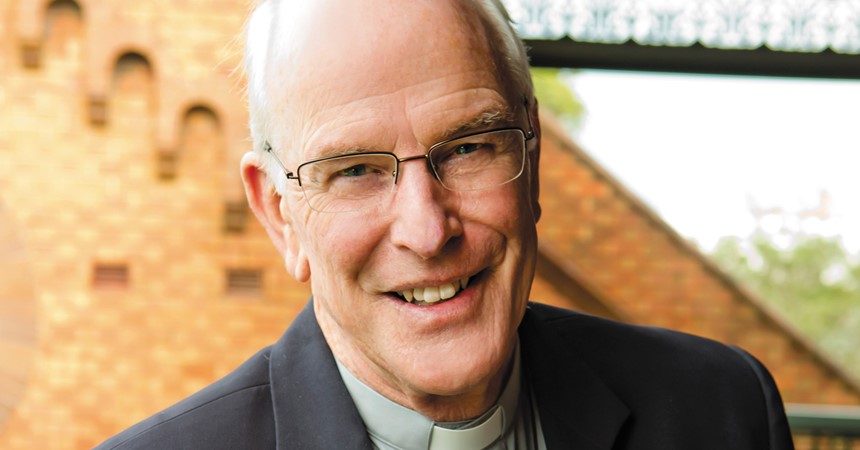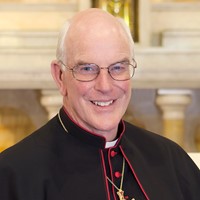First, then, I look forward to going to Poland. I’ve had a funny life in regard to travel, having been to many places across the world between the ages of ten and twelve and virtually nowhere for the forty-five or so years after that. I was a teenager in the ‘sixties, ordained in the ‘seventies, so naturally I was a bit ‘bolshie’. Though never a flower child by any measure, I did not think priests should have big cars, expensive wardrobes or overseas trips; I resented the diocese taking out private health cover for me and I never had ‘Fr’ on my driver’s licence. Anyway, it’s the travel thing that matters here. When asked if I’ve been to such-and-such a place in Europe or elsewhere, I can often say, “Yes, in 1963”. But I’ve never been to Poland. Iron Curtain and all that, you know, back then. I should like to see Poland and, although WYD will dictate the schedule, I will at least see something of the land and its people and culture. Good.
Secondly, I look forward to travelling with this group of people. I think we made a very sound decision in this diocese to make this pilgrimage ‘intergenerational’. I wouldn’t mind travelling as an old guy with a group of young people, but I think there will be a special richness to having a group of all ages mixed together, sharing and reflecting on the experiences together, talking together, praying together.
If there’s a prevalent weakness in a lot of youth ministry, in my view, it is that it is stuff put on especially for kids. That has its place, sure, but the bigger goal of all ministry is to bring people into relationship with God and Jesus and the Spirit and, hence, with each other as brothers and sisters in the body of Christ. I’ve often sat around with the elders of a parish and told them that their plan to employ a youth worker would be a waste of time and money unless or until the parish in general was really ready to welcome young people into all parts of parish life. The eye cannot say to the hand, in St Paul’s happy metaphor, “I don’t need you”; neither can it say “We have a special service for you the second Thursday of every month.” At least, it can’t say only that.
The church is about coming together, men and women, rich and poor, black and white and brindled, and young and old. I think the sharing of the experiences of this pilgrimage between the generations will be enormously important. For one thing, many young Catholics in my experience live with the impression that their elders don’t really believe in anything much: they argue at parish council meetings about fixing the downpipes, and the rest is just respectability and habit. I hope the young will get to glimpse the passion older believers can have for the things that Jesus did and taught. I’m confident that, as always, the oldies will be heartened by the honesty and sheer good intentions of the young. These things will emerge as we talk together about the spiritual experiences of the trip and, of course, about what Pope Francis has to tell us.
That is the last of my particularly positive hopes for the pilgrimage: the message of Francis. Now I’m as suspicious of personality cults as anyone, but I don’t think that’s what we’re dealing with here. Turning on its head the modern media and celebrity phenomenon, with Francis the message is the medium, I think. He speaks the gospel in all clarity and simplicity, and I look forward to hearing it live, especially in this Year of Mercy when he will most certainly focus on that message which he calls “the beating heart of the gospel”. When Francis was elected I was asked what difference it would make that the pope was a Jesuit, and I said that any proper Jesuit should have a very clear understanding, perhaps one should have said ‘discernment’, of what is not important. I think I got that right. And I think that Francis speaking of what is truly important to people of faith will start our pilgrims thinking and talking about what is truly important to their faith. And what is truly important will draw together the generations in our pilgrim group. And that I hope to write about afterwards.























































































